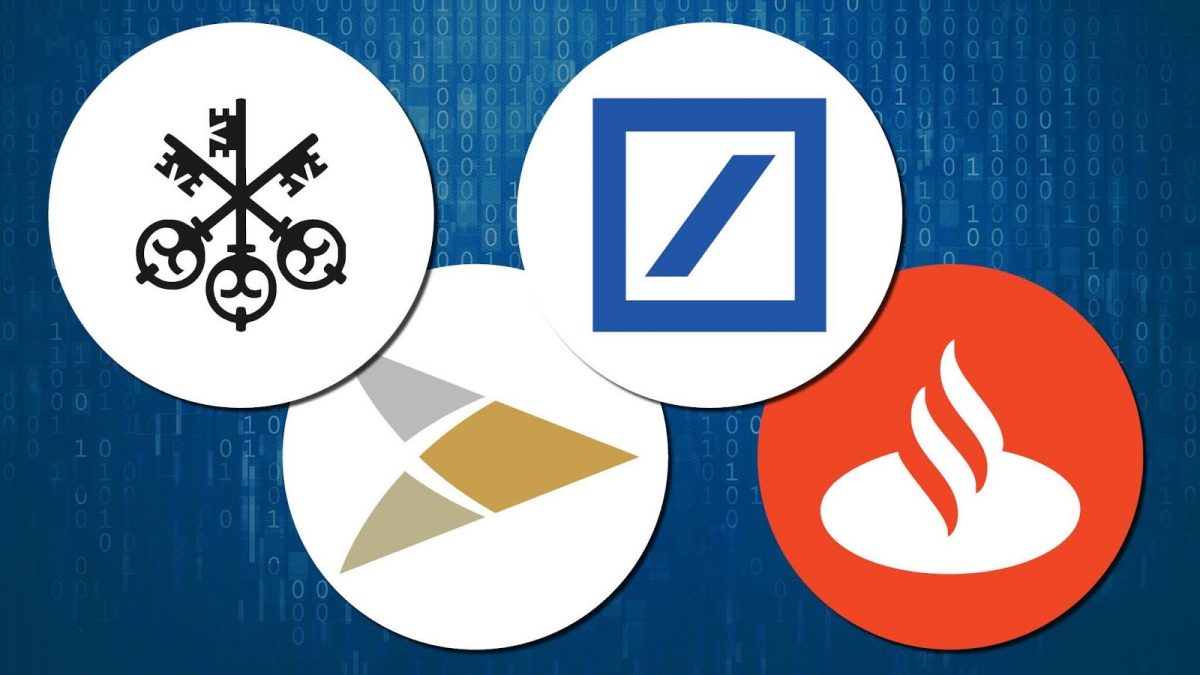Six Major Banks Tap Ethereum Smart Contracts For New EU Regulations

Man Charged With Stealing $1.8 Million In Ethereum From A Friend
December 19, 2017
Amgen Biotech and LabCentral Recommends To Companies For The Amgen Golden Ticket Win
December 19, 2017Six Major Banks Tap Ethereum Smart Contracts For New EU Regulations
Six world’s largest banks which include Barclays, Credit Suisse, KBC, SIX, Thomson Reuters and UBS are teaming up to automate their data management systems in preparation for upcoming EU regulatory requirements which include Markets in Financial Instruments Directive (MiFID) and Markets in Financial Instruments Regulation (MiFIR) using UBS’s Ethereum smart contracts to enhance the quality of the counterparty reference data via unspecified reconciliation.
The Swiss bank UBS launched the innovation lab recently at Level39 in London as a way of preparing banks for the forthcoming implementation of the new MiFID and MiFIR regulations, a new legislative perspective that intends to improve the quality of data, strengthen the investor protection, and make the financial environment more efficient, transparent and flexible.
MiFID was launched in the EU in 2007 with the intention of regulating the financial institutions. In 2011, the European Commission revised both MiFID (MiFID II) and MiFIR which will be applied in the EU region at the beginning of January 2018.
The pilot project intends to streamline the process of integrating the reference data that requires the use of Legal Entity Identifier (LEI) for each entity that include industry classification, European Securities, Identifiers and Markets Authority data which is one of the requirements for the revised regulations.
The Ethereum smart contracts will be used to reconcile the reference data against the consensus and each institution will be given the ability to search and view their specific data in real-time via a user interface. The project is still in the pilot stage and it’s using 22,000 non-sensitive LEI reference attributes for the analysis. The project comes to an end in January next year and further development will be rolled out depending on the findings.
According to Christophe Tummers the head of data at UBS, banks usually have quality checks of their individual data against a number of sources but there is no quality baseline to compare against peers in the industry. But with the blockchain smart contracts, the reconciliation of data is availed instantly in real-time for all the participants.




